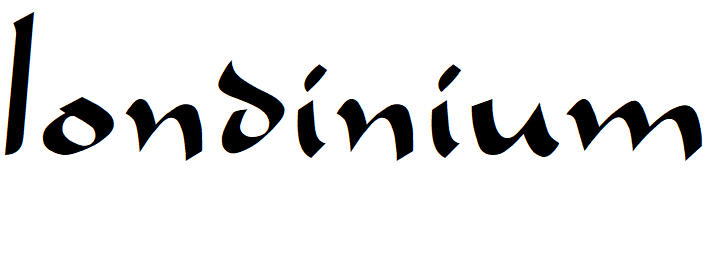'Gloriously assured and superbly committed performances' in Every Living Creature - Gramophone
/“This welcome new selection of Kenneth Leighton’s unaccompanied choral music brings a clutch of premiere recordings, none more valuable than that of the substantial Laudes Animantium for double choir, soloists and children’s choir. Although completed in August 1971, it was not in fact heard until June 1973, when it was performed at the Southbank’s Purcell Room by the New Elizabethan Singers and City of London School Choir under the direction of Herrick Bunney (to whom Leighton had already dedicated his magnificent Mass for Double Choir). It’s an unfailingly inventive and gloriously idiomatic half-hour sequence that embraces texts by Whitman, Lear, Joshua Sylvester (1563-1618), Blake, Tennyson and Humbert Wolfe (1885-1940), culminating in an enthralling hymn of praise (‘Every Living Creature’) combining words by the humanist poet Michael Drayton (1563-1631) and the Benedicite canticle (‘O all ye works of the Lord, bless ye the Lord, praise him and magnify him for ever’). Andrew Griffiths secures a splendidly fervent, finely disciplined rendering from his assembled forces, one that fills a major gap in the Leighton discography.
Somm’s 73-minute programme takes us all the way back to 1948 and the precocious Three Carols, composed when Leighton was an 18-year-old undergraduate at Oxford: eventually published in 1956, ‘Lully, lulla, thou little tiny child’ became a firm favourite, while the other two settings (‘The Seven Joys of Mary’ and ‘Sleep Holy Babe’, strongly indebted to Howells and Warlock respectively) prove conspicuously appealing. Also making their debuts on disc are the rapt motet for soprano and chorus Lord, when the sense of thy sweet grace (commissioned by Ampleforth Abbey and first heard there in June 1977) and a frisky setting from December 1968 of John Masefield’s London Town (part of a composite ‘London Cycle’ which included music by Mathias, Geoffrey Bush, Bryan Kelly and Hugo Cole). The delights continue with a notably absorbing treatment of John Donne’s sonnet Nativitie (composed in 1956, not long after the start of Leighton’s first spell at Edinburgh University) as well as the affirmative Hymn to the Trinity (written for a 1974 anthology of anthems published by Oxford University Press). Last, and definitely not least, there’s An Evening Hymn, a 1979 Chichester Festival commission, which clothes verses by Thomas Browne (1605-82) in music of breathtaking skill, grace and beauty.
Nourishing repertory, this, given gloriously assured and superbly committed performances by everyone involved. Griffiths himself provides a personable and insightful booklet essay, presentation is exemplary and David Hinitt’s sound first-rate. All told, a most rewarding issue that has already afforded me enormous pleasure."
Andrew Achenbach, Gramophone (September 2023 issue)
